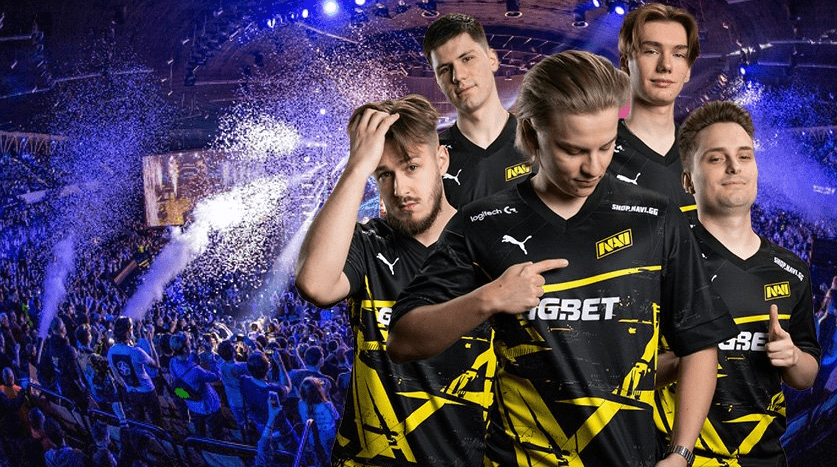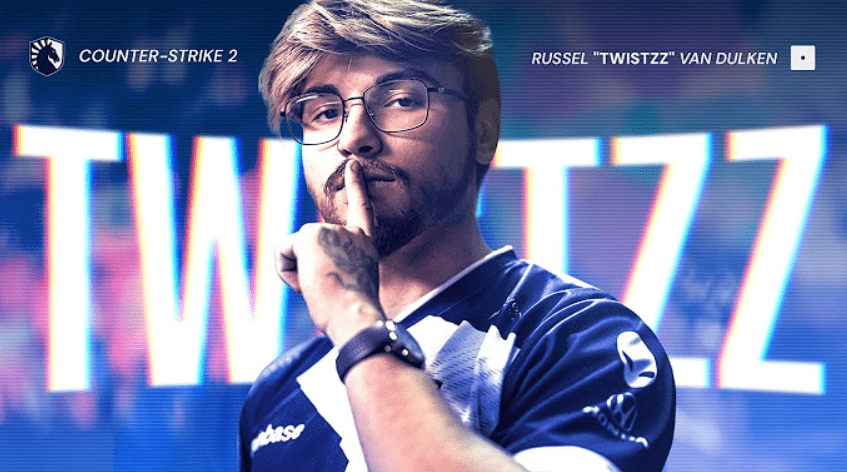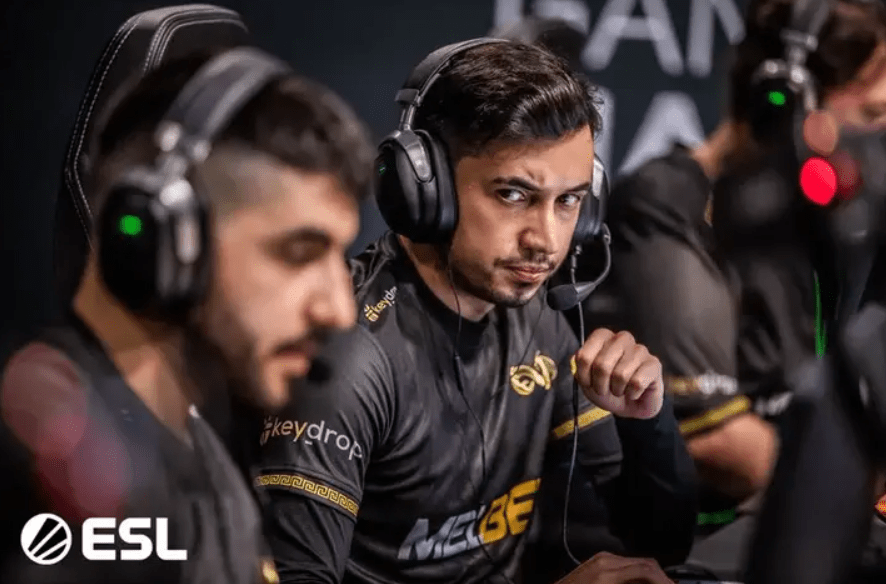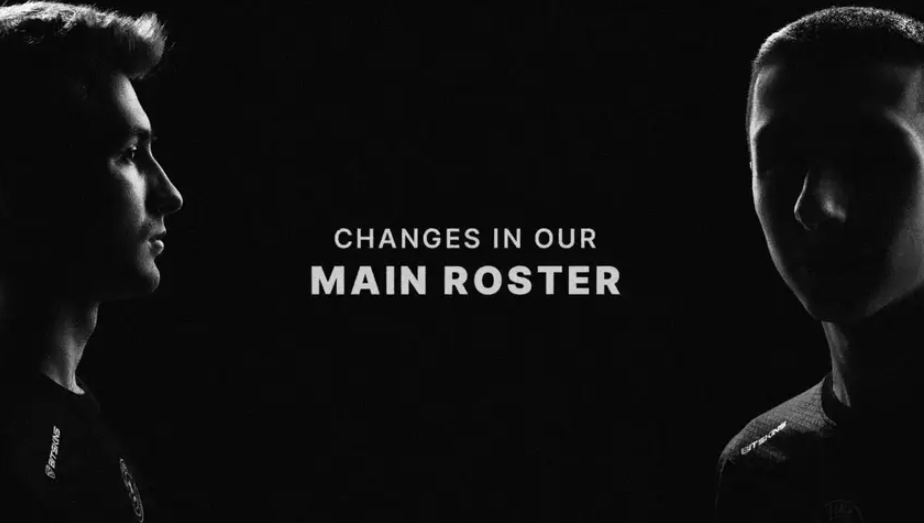Political Pressures Intensify at Copenhagen CS2 Summit

The PGL CS2 Major Copenhagen 2024, a prominent esports event, recently unfolded in the vibrant city of Copenhagen. However, the atmosphere quickly turned tense as political dynamics seeped into the proceedings. Renowned cybersports journalist Richard Lewis sheds light on the situation, revealing that the Danish government exerted substantial pressure on the event organizers due to the participation of Russian players. The presence of these players became a focal point of controversy, triggering concerns and political sensitivities. The Danish government, in an effort to address potential geopolitical implications, weighed in heavily on the organizers. Their pressure aimed to ensure that the event proceeded within acceptable bounds while navigating the delicate balance between the interests of the participants and the broader political landscape.
The situation highlighted the intersection of sports and politics, where international events can become arenas for diplomatic maneuvering. As the tournament unfolded, the organizers found themselves navigating this intricate web of political pressures, striving to maintain the event’s integrity and the spirit of fair competition. While the political tensions added an additional layer of complexity to the event, the PGL CS2 Major Copenhagen 2024 persevered, showcasing the exceptional skills and competitive spirit of the players. Despite the external pressures, the event served as a platform for the global esports community to come together, celebrate the achievements of the participants, and witness thrilling displays of talent. As the tournament concluded, the impact of the political pressures remained a topic of discussion, inviting reflections on the broader implications of such interventions in the realm of esports. The PGL CS2 Major Copenhagen 2024 will be remembered not only for the fierce competition on display but also as a testament to the intricate interplay between politics and the rapidly evolving world of cybersports.
Political Pressures and the Intersection of Esports and Politics at PGL CS2 Major Copenhagen 2024
Danish Culture Minister Jakob Engel-Schmidt recently made a strong statement regarding the participation of Russian athletes in international sports. In light of Russia’s ongoing conflict in Ukraine, the minister expressed his belief that Russian athletes should not be allowed to compete in international competitions. Even though the PGL CS2 Major Copenhagen 2024 was organized by a Romanian company, Minister Engel-Schmidt encouraged them to impose a ban on Russian participation. Additionally, he called upon Royal Arena, the venue hosting the event, to exercise greater critical judgment in deciding which events to host. The minister’s remarks were reported by Danish publication Berlingske and sparked discussions about the intersection of politics and esports. Esports has traditionally been regarded as an inclusive and globally accessible industry, emphasizing competition and skill rather than political affiliations. However, the involvement of politics in esports has become increasingly apparent, raising questions about its impact on the nature of the sport. As a result of the political pressure, the organizers of the PGL CS2 Major Copenhagen 2024 were given specific instructions to avoid any content that could be seen as supportive of Russia. These measures included a ban on mentioning Russia during the tournament broadcasts, a prohibition on using the national flags of participating teams, and a directive not to discuss politically sensitive topics. The guidelines were so stringent that even unrelated incidents occurring in Russia were not to be discussed during the event, to prevent any perceived political messaging.
The implementation of these directives highlighted the complex challenges faced by the esports industry as it continues to grow in global prominence and political significance. Esports, with its ever-expanding audience and influence, has found itself entangled in political debates and considerations. While esports has long been celebrated for its inclusivity and ability to bring people from diverse backgrounds together, the involvement of political pressures threatens to undermine these core principles. The case of the PGL CS2 Major Copenhagen 2024 serves as an example of the delicate balance that organizers must strike between accommodating political sensitivities and preserving the integrity and spirit of fair competition. The organizers found themselves navigating a challenging landscape, where political pressures from the Danish government intersected with the global nature of esports and the diverse backgrounds of the participants. The minister’s call for greater scrutiny by Royal Arena raises important questions about the responsibility of event organizers in the face of political controversies. While it is crucial to respect the sovereignty and geopolitical considerations of nations, it is equally important to ensure that decisions regarding participation and hosting are based on fair and impartial criteria. The esports community, as well as the broader public, is left to ponder the implications of political interventions in the realm of esports and the potential impact on the future of the industry. The situation at the PGL CS2 Major Copenhagen 2024 underscores the evolving nature of esports as it grapples with its place in the larger political landscape. As the industry continues to grow and mature, it will face ongoing challenges in navigating the complexities of politics, diplomacy, and global events. The ability to strike a balance that respects diverse perspectives while prioritizing the spirit of competition will be crucial in shaping the future of esports on the international stage.



